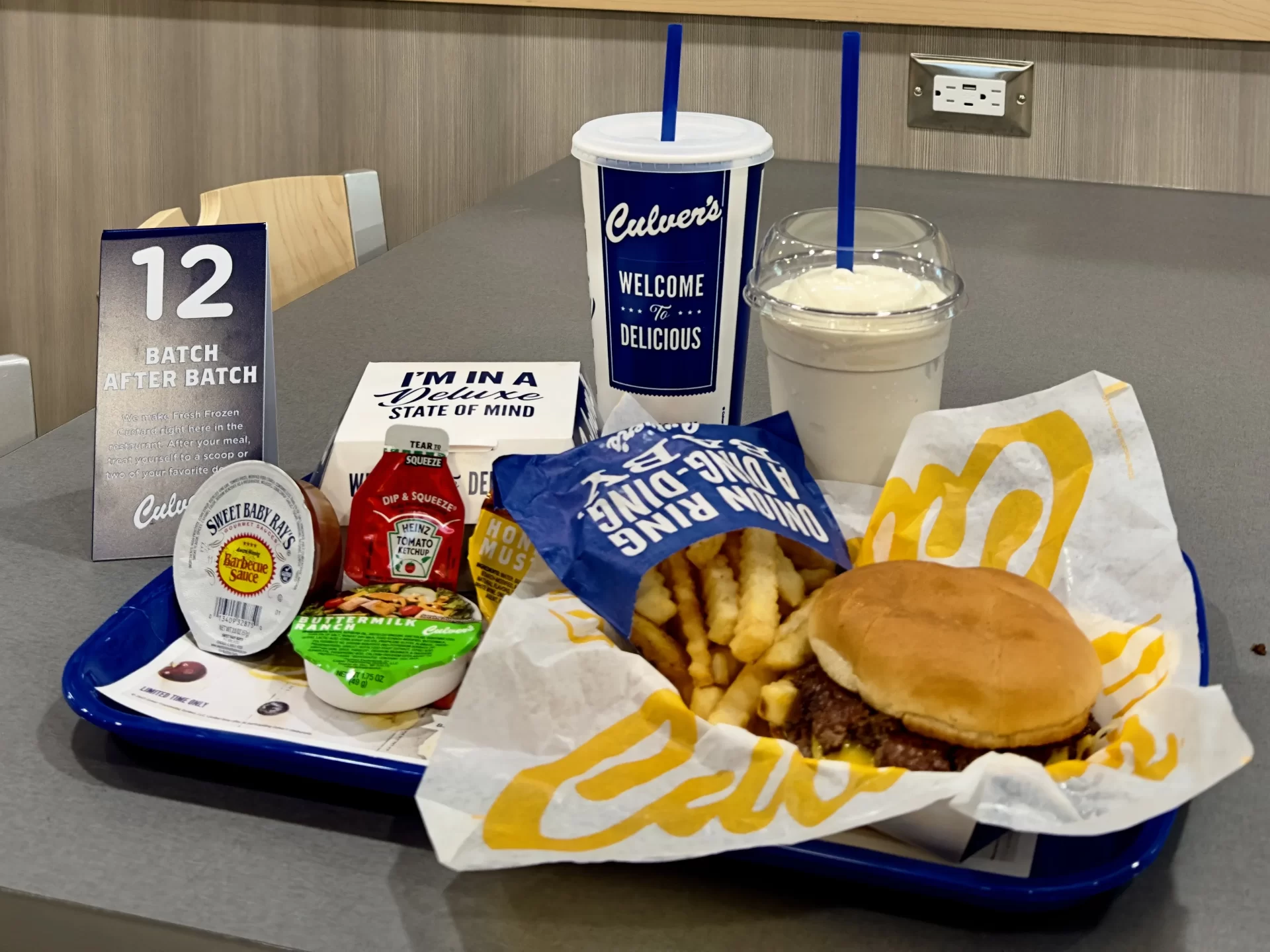The idea that the human gut microbiome may respond to certain food additives and trigger metabolic changes is not a new one. Previous studies have suggested that dietary emulsifiers, food preservatives, and colorants promote metabolic changes through microbiome alteration.
- Researchers conducted a randomized controlled trial to investigate the effects of artificial sweeteners such as aspartame, saccharin, stevia, and sucralose on the human metabolism and the gut microbiome.
- They found that these non-nutritive sweeteners can induce individual and specific changes in glycemic response via modifying the gut microbiome.
- This discovery challenges the popular notion that sugar substitutes have no effect on the human body and highlights the need for further clinical studies.
- After eating foods that contain carbohydrates, blood glucose (blood sugar) levels rise as we digest the food. This post-meal spike in blood glucose levels is known as the glycemic response.
- Non-nutritive sweeteners (NNSs), such as aspartame, saccharin, stevia, and sucralose, contain minimal or no carbohydrates and therefore were presumed by scientists not to trigger a glycemic response. This belief that NNSs are biologically inert, coupled with their sweetness, has made them very popular sugar substitutes, especially for the management of diabetes and weight gain.
“Non-nutritive sweeteners are rapidly proliferating across the food supply and across all demographics including children and pregnant women, yet their full and long-term impact on human health has not been extensively studied,” said Dr. Michael Goran, Professor of Pediatrics in the Keck School of Medicine at the University of Southern California and Program Director for Diabetes and Obesity at The Saban Research Institute at Children’s Hospital Los Angeles.
Impaired glycemic response from saccharin, sucralose: The researchers found that the groups consuming saccharin and sucralose had a “significantly elevated” glycemic response during exposure to the NNS. No significant effect on glucose tolerance was observed in the aspartame, stevia, glucose, and the no-supplement groups.
These findings suggest that the short-term consumption of saccharin and sucralose in doses lower than the acceptable daily intake can impact glycemic responses in healthy individuals.
Sweeteners can alter the gut microbiome: Based on the findings of animal model studies, the researchers hypothesized that NNSs can affect human metabolism via altering the intestinal microbiome. Researchers found that all four tested NNSs altered the bacteria in the gut and the molecules they secrete. Similarly, the four NNSs “distinctly impacted” the oral microbiome.
Bottomline: Yay or nay for sweeteners?
Dr. Goran suggests avoiding all NNSs “until we have stronger evidence that they are safe.”
“None of the non-nutritive sweeteners (NNSs) will resolve the craving for sweet taste and there are studies to suggest that habitual consumption of sweeteners increases overall daily calorie and sugar consumption.”
“The study results imply that the response is variable between individuals, but that all of the sweeteners seem to have some sort of impact so, none of them seem better than others and I would personally avoid them.”
“While the results of this study raise concerns about the effects of NNSs on human health, it is cautioned that “sugar consumption still constitutes a very bad and well-proven health risk for obesity, diabetes, and their health implications, and the study findings do not support or promote the consumption of sugar in any form or shape.”











